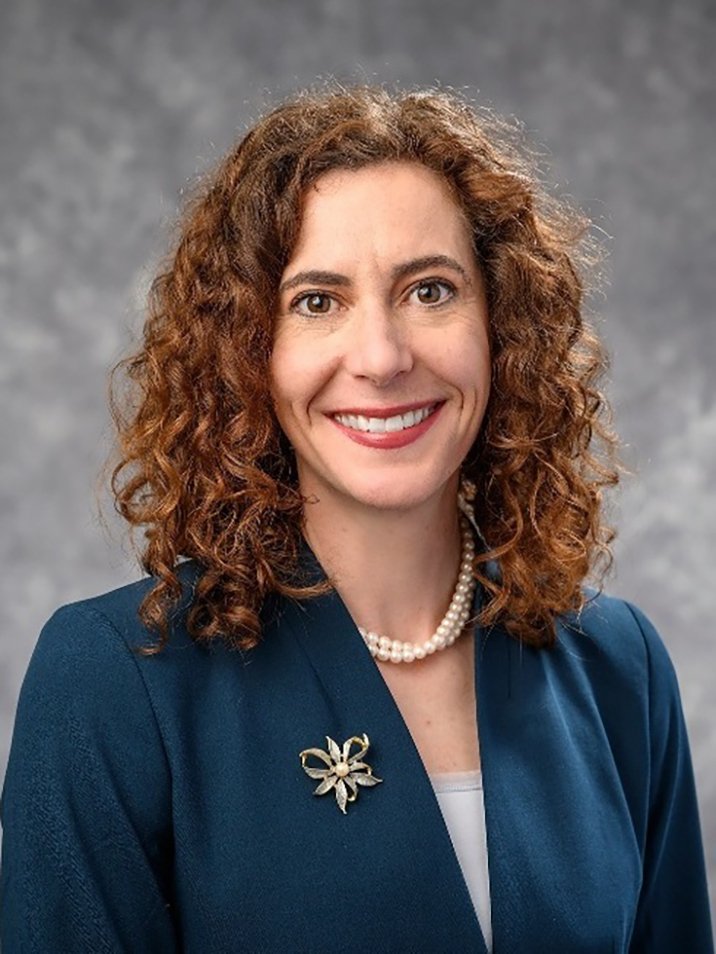ISyE Seminar Series: Laura Albert

"On designing and operating resilient voting systems"
Presentation by Laura Albert
David Gustafson Department Chair of Industrial and Systems Engineering
University of Wisconsin-Madison
3:30 pm - Seminar
3430 pm - Reception, cookies and coffee
About the seminar:
Democracies rely on the ability of the public to vote on key issues pressing their society. Election voting systems are defined by complex inter-related processes, and design decisions made by election officials have been shown to influence voter participation. The elections held during the COVID-19 pandemic demonstrated the vulnerability of our nation’s voting systems to disruptive events. Unforeseen disruptions require election officials to quickly respond to changing election conditions and redesign the voting system. This motivates the need for analytical tools to help election officials design systems that perform well under a range of election conditions and to help develop contingency plans to use in response to an election disruption. However, there is a lack of literature addressing these crucial needs. To fill this gap, we explore analytics-based election practices that can ensure that election voting systems are safe, reliable, and equitable. This talk introduces new optimization and discrete event simulation models to support the design and operation of resilient voting systems. We first study the impact of pandemic-related disruptions on in-person voting processes and investigate practices to mitigate these disruptions using a discrete event simulation of the in-person voting process. Second, we study when and how to consolidate or move polling locations given the constraints and criteria election officials follow. We formulate an integer program of the polling location consolidation problem, study its properties, and study implications for practice using a case study of Richland County, South Carolina. We then study how to select ballot drop box locations that balance the trade-off between cost, risk, and equitable accessibility of the voting system. We introduce an integer program of the drop box location problem and introduce a heuristic to generate a large number of feasible solutions for policy makers to select from a posteriori. We quantify the benefit of using optimization for this problem using a case study of Milwaukee, WI.
Bio:
Laura Albert, Ph.D., is a Professor and the David Gustafson Department Chair of Industrial & Systems Engineering at the University of Wisconsin-Madison. Her research interests are in the field of operations research, with a particular focus on discrete optimization with application to homeland security and emergency response problems. She has authored or co-authored more than 70 publications in archival journals and refereed proceedings. She has been awarded many honors for her research, including the American Association for the Advancement of Science (AAAS) Fellow Award, Institute of Industrial and Systems Engineers (IISE) Fellow Award, the INFORMS Impact Prize, a National Science Foundation CAREER award, a Fulbright Award, and a Department of the Army Young Investigator Award. Professor Albert’s research has been supported by the National Science Foundation, the Department of Homeland Security, the Department of the Army, and Sandia National Laboratory. She is the President-Elect of INFORMS and the author of the blog “Punk Rock Operations Research.” She is also a passionate advocate for diversity and inclusion in engineering and operations research. You can find her on twitter at @lauraalbertphd.